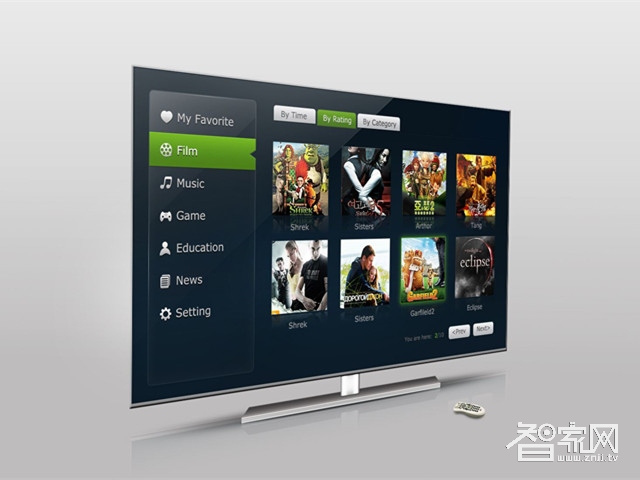Smart TVs have become a major trend in the television industry. These devices come with open operating systems and powerful chips, integrating video, audio, entertainment, and data functions to meet a wide range of user needs. But what are the main operating systems available for smart TVs today, and which one is the best?

**1. Android System**
Android TV is currently the most popular and widely used smart TV operating system. Brands like Sony, Philips, and Sharp use it, and it comes with access to the Google Play Store, offering a vast selection of apps. However, depending on the region, some Google services may be replaced or restricted.
In addition to smart TVs, Android TV also powers TV boxes from companies like Nvidia. The interface is tile-based and user-friendly, with voice search as a key feature that makes content discovery easier. In markets with strict regulations, Android has become a top choice, but its content is often limited. However, third-party apps can be downloaded via Android boxes, and many mobile games can be adapted for TV use. This makes Android boxes rich in content, though they may face some regulatory challenges. The third-party app ecosystem on Android is well-established, and custom versions tailored to local policies can balance content availability and compliance effectively.
**2. Windows Operating System**
The Windows operating system is another common choice for smart TVs. With a large user base and strong compatibility, it remains one of the most mainstream OS options globally. It is widely used by brands such as Changhong in their new 3D smart TVs. While many foreign brands opt for Android, some, like TCL, use a dual-system approach, combining both Android and Windows for more flexibility.
**3. Domestic Brand Built-in Systems**
Several domestic brands, including Skyworth and Konka, have developed their own smart TV systems. Skyworth’s Tianci system, based on Linux, stands out for being independent, compatible, and complete. It supports Android applications and enables multi-platform operations and automatic updates. Even though these systems are not Android-based, they can still run Android apps seamlessly.
**4. Korean TV Systems**
Samsung has been developing Tizen OS as its own platform, aiming to make smart TVs a central hub for home automation. Features like Smart Control Remote allow users to connect and control other WiFi-enabled devices, and support for SmartThings IoT standards makes it a smart home center.
LG uses Web OS, which was originally a mobile OS but has evolved into a fast and dynamic system with smooth performance. However, Samsung’s Tizen OS does not support direct installation of Android apps, though you can use a TV box to install them.
Each brand offers different systems, and there's no universal standard. Users can choose based on their preferences and the features they value most. Whether you prioritize content variety, ease of use, or smart home integration, there’s a smart TV system that fits your needs.
LCD Video Wall,Lcd Panels for Video Wall,Digital Signage Display Lcd Screen,HD Video Wall
Shanghai Really Technology Co.,Ltd , https://www.really-led.com